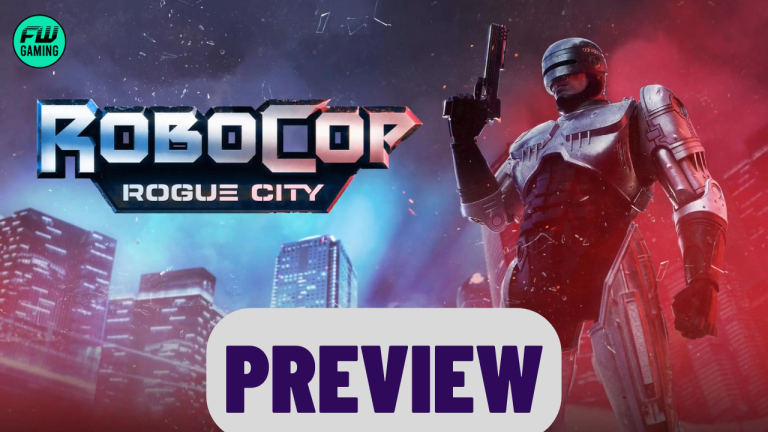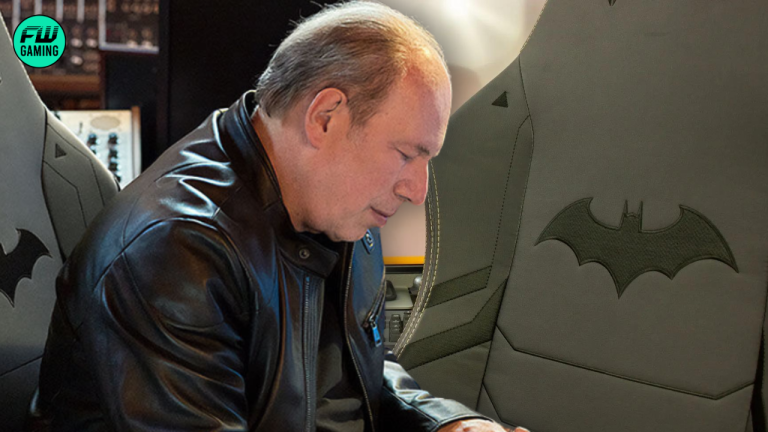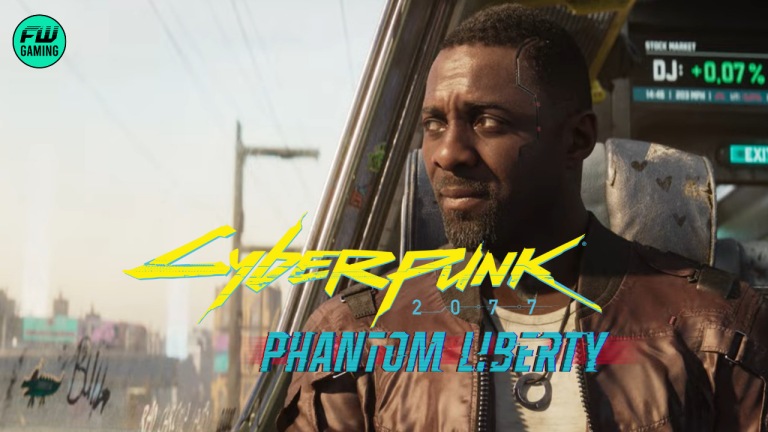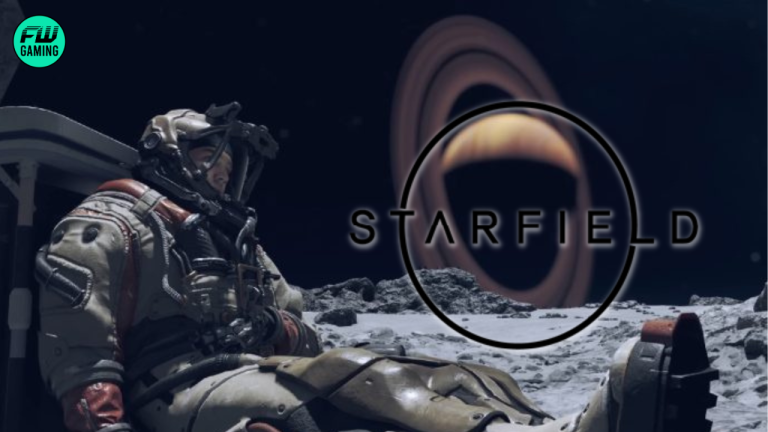Video games based on films have had a hard time over the years, with many proving to be nothing but soulless cash grabs, others trying and failing, and in some very rare cases, actually ended up being better than the film they were based on (we’re looking at you X-Men Origins: Wolverine).
Fans of the Alien franchise will attest that they’ve seen games based on the IP that fall into all three of these categories, but in the years since the excellent Alien: Isolation, there hasn’t been anything for us to seek our teeth into. Until Aliens: Dark Descent that is.
Aliens: Dark Descent is Everything We Didn’t Know We Needed
In the year 2198, on the moon of Lethe, the USS Otago prepares for a shakedown. Meanwhile, at Pioneer Station, a shuttle, the Bentonville, drops off cargo. A mysterious infiltrator releases its contents: deadly Xenomorph aliens, which begin to massacre the crew.
As mentioned, the Alien franchise has had some absolutely horrendous video games based on its IP, but we won’t be lumping Aliens: Dark Descent into this category. Absolutely not.
Aliens: Dark Descent is a real-time strategy game set in several locations in the Alien universe. Commanding a small army of Colonial Marines, you’ll have to guide them through industrial complexes, mineshafts infected and taken over by the Xenomorphs, office buildings and much more. The name of the game is to bring them all home, but as you’ll quickly find out, sometimes you may have to leave one behind for the betterment of the squad.
The first hour of Aliens: Dark Descent is frenetic, and for a tutorial, it throws instructions and lessons at you at such a pace you’ll struggle to make any of it into muscle memory first time round. However, once you get passed the tutorial and into the game’s first level, Dead Hills, you’ll find yourself coming to grips with the controls and many features very quickly, through necessity over anything else.
There’s a lot on offer with Aliens: Dark Descent, but the core gameplay is simple. Take your chosen crew, assign them perks and skills, then deploy them on a mission to rescue a survivor, find some gear to repair the heavily damaged Otago (the game’s main ship/hub/safe zone) and advance the story day-by-day.
With a huge choice of different marines to take on mission, each with their own benefits and drawbacks, each incursion will feel different, even if it’s your fifth time on the same planet. The game employs a roguelike system to it, where if you lose a marine, either to one of the many ways of death in the game, or if a Xeno successfully abducts them, that’s it, they’re gone. The aim of the game is to keep them alive as long as possible, as taking a rookie recruit on a mission is tantamount to failure.
Levelling the marines as well as their gear, guns and tools is important, and the right perk can be the difference between a well-oiled machine of a team, and one that stands around as they get pummelled by a Queen Xeno.
With the game heavily focusing on the exploration of levels, the sense of dread and reward found as you traverse an unknown level, never really sure of what might be around the corner, and how many is something Alien games have struggled to find the right balance for, but thankfully Aliens: Dark Descent nails it in this regard.
Too many repeat encounters and near death experiences will understandably stress out your marines. If they get too stressed, their accuracy is affected. Four heavily stressed marines encountering a group of Xeno’s only has one outcome. You can remedy this by finding a room and taking shelter, which is a matter of welding any doors shut in the room and taking a rest.
Use these rests sparingly however, as the amount of tools available to actually do this are few and far between, and that’s where the game’s resource management comes into it. Don’t reload too often or unnecessarily. Don’t waste mines. Make sure to heal marines when they need it – the last thing you want it to be slowed down carrying a dead weight.
The game also has a fantastic slow-motion mode where you’ve instructed your marines to use some of their skills, be it a shotgun blast, guarding an area with suppressive fire or more, it slows down to a crawl where you can plan your attacks without rushing. This can be swapped to a simple pause, instead of slow-motion, but this does take away the intensity of the moment, and you lose some magic by doing this. There’s nothing better than having two of your marines and an automated turret guarding a door whilst the other two are busy at work hacking or opening other doors to escape. Heart-pounding stuff.
Xeno’s are easily killed, for the most part, but like in the movies, their strength comes from surprise and numbers, something they have in abundance. From one second to the next you’ll go from being safe to being wiped out and starting again.
The game’s environments are glorious to look at and capture exactly the tone and atmosphere of the worlds and locations present in the franchise, but the character models, especially in the cinematics don’t follow suit, unfortunately. Lip-syncing issues, some sub-par voice acting and a lack of diverse lines can break the immersion sometimes, but it is something that will be patched, or if not, easily overlooked.
Related: Hideo Kojima Breaking Barriers Again – Wants Gaming to be the Next Space-Faring Industry!
The core gameplay is solid, the atmosphere fantastic, and for a third-person RTS, Aliens: Dark Descent manages to be taught and intense at times. You’ll find yourself annoyed and even a little upset at the loss of your favourite marine, even more so if it was due to a poorly timed command on your behalf.
With a little more polish Aliens: Dark Descent could be in with a shout of being one of the best games of the year, but for now, as it stands, it’ll have to contend with simply being fantastic in its own right.
7/10
Aliens: Dark Descent was reviewed and played on a code supplied by Indigo Pearl.
Follow us for more entertainment coverage on Facebook, Twitter, Instagram, and YouTube.


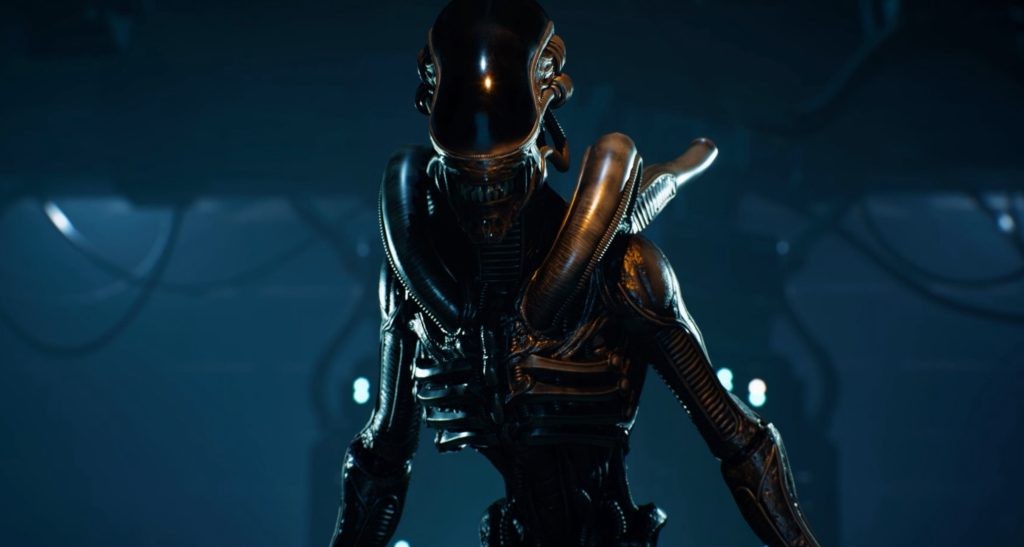
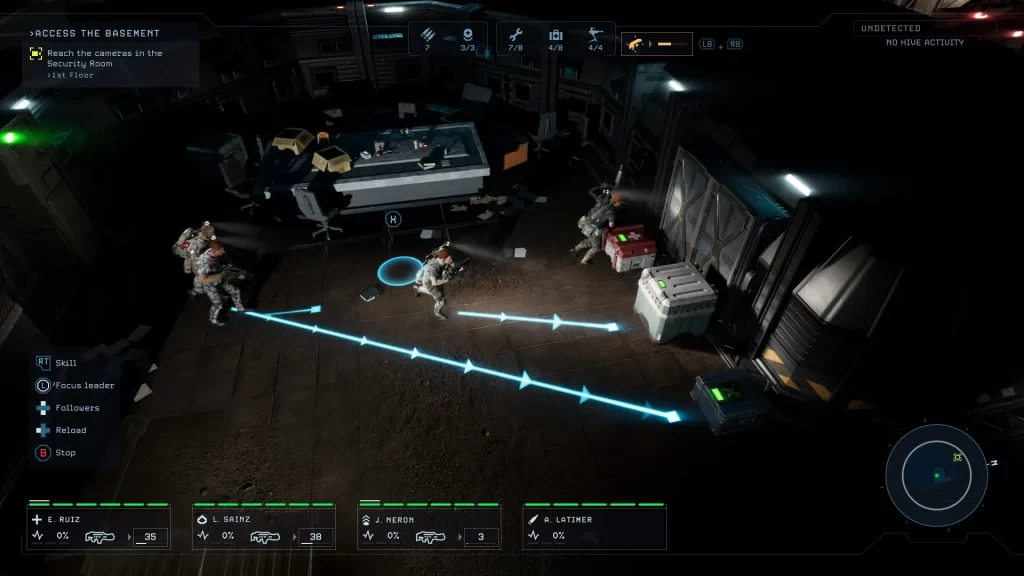
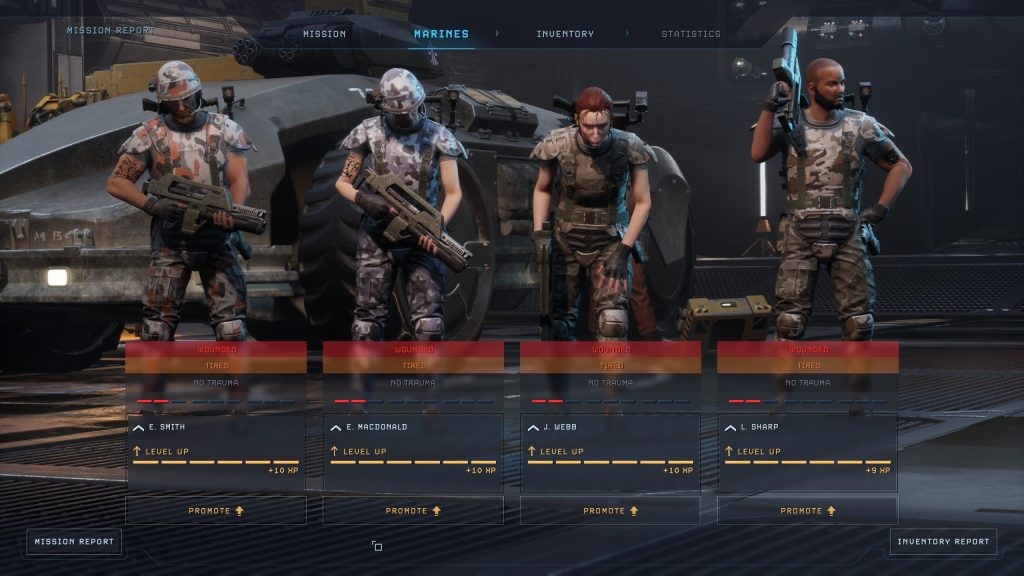
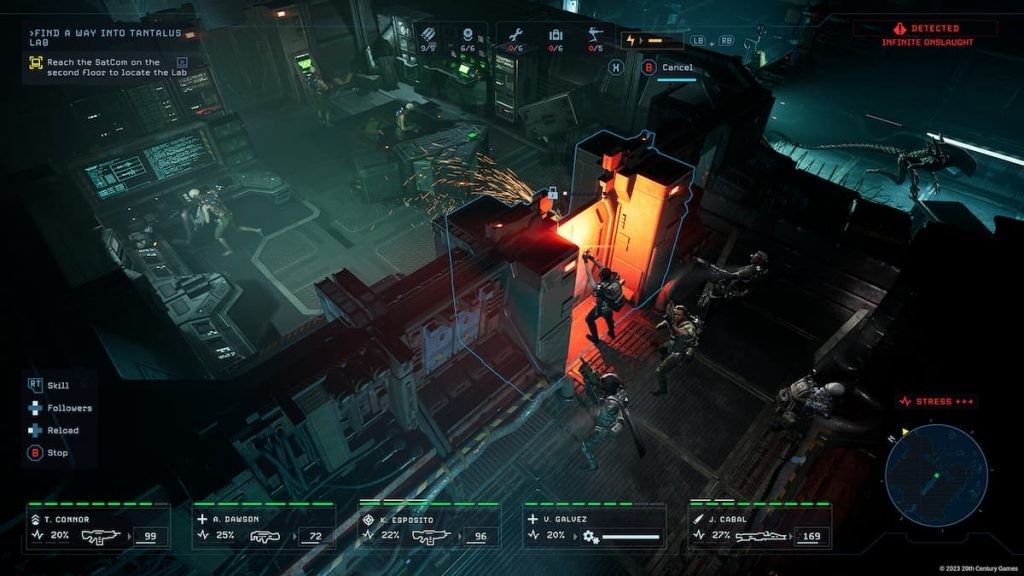

![Lies of P's Game Director Jiwon Choi Discusses the Game, Disney and the Darker Sides of Pinocchio [EXCLUSIVE]](https://fwmedia.fandomwire.com/wp-content/uploads/2023/09/16134750/lies-1-768x432.png)
